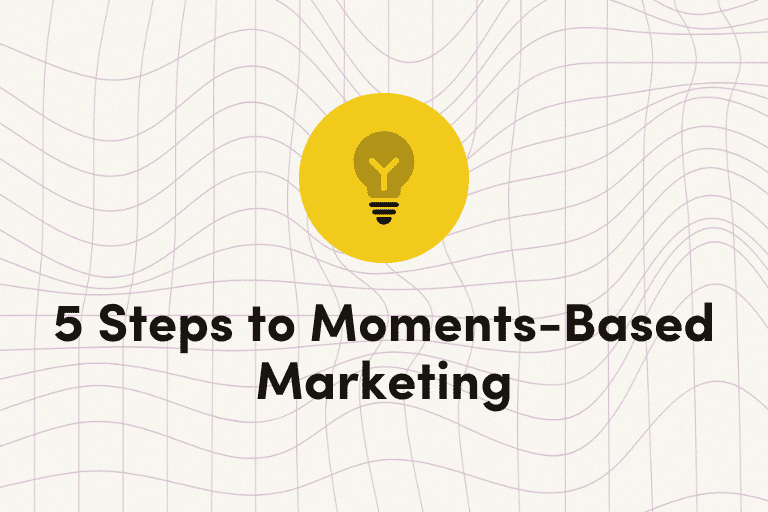-


 Why Iterable
Why IterableCustomer-centric messaging that's easy to build and designed for scale
-



 Customer Stories
Customer StoriesHear from leading brands delivering world-class customer experiences
-

 How We Compare
How We CompareBest-in-class communications platform for experience-focused global brands
-

 Iterable Value Calculator
Iterable Value Calculator -

 Watch a Demo
Watch a DemoWatch a 5-minute demo to see Iterable in action
-

 About Us
About UsMeet Iterable and learn about our company story and values
-

 News & Media
News & MediaOur latest company announcements and press mentions
-
Our Platform
-
Product Features
-


 Iterable Nova
Iterable Nova -

 Activate Data
Activate DataConnect, activate, and maximize your tech stack's data potential
-


 Iterable AI Suite
Iterable AI SuiteTransform insights into smarter marketing decisions
-

 Orchestrate Channels
Orchestrate ChannelsEngage with integrated tools for email, mobile, web, and more
-

 Optimize Strategy
Optimize StrategyAnalyze and augment impact with native AI and rich reporting
-



 Built for Enterprise
Built for EnterpriseTransform marketing operations with secure, scalable, and reliable technology
-

 Engage 1:1
Engage 1:1Create and automate messaging, journeys, and lifecycles that convert
-
-
Industry Solutions
-

 Consumer Apps & Marketplaces
Consumer Apps & MarketplacesConvert and keep users with connected experiences and real-time responsiveness
-

 Retail & E-Commerce
Retail & E-CommerceIncrease CLTV with segmentation, recommendations, and bespoke experiences
-

 Media and Entertainment
Media and EntertainmentEngage longer with session-based personalized recommendations
-

 B2B Enterprise Software
B2B Enterprise SoftwareSpeed up adoption with behavior-driven personalization and PLG campaigns
-
-
Partners and Services
-
Learning
-

 Resource Library
Resource LibraryRefine your campaign strategies with our whitepapers, webinars, videos, and more
-



 Blog
BlogLearn best practices, company news and product announcements
-

 Iterable Academy
Iterable AcademyAccess video-based training courses to learn how to use Iterable
-


 AI Resource Hub
AI Resource HubRevolutionize marketing with AI. Learn, assess, and start with our resources
-


 Ditch The Cult
Ditch The Cult
-
-
Community














